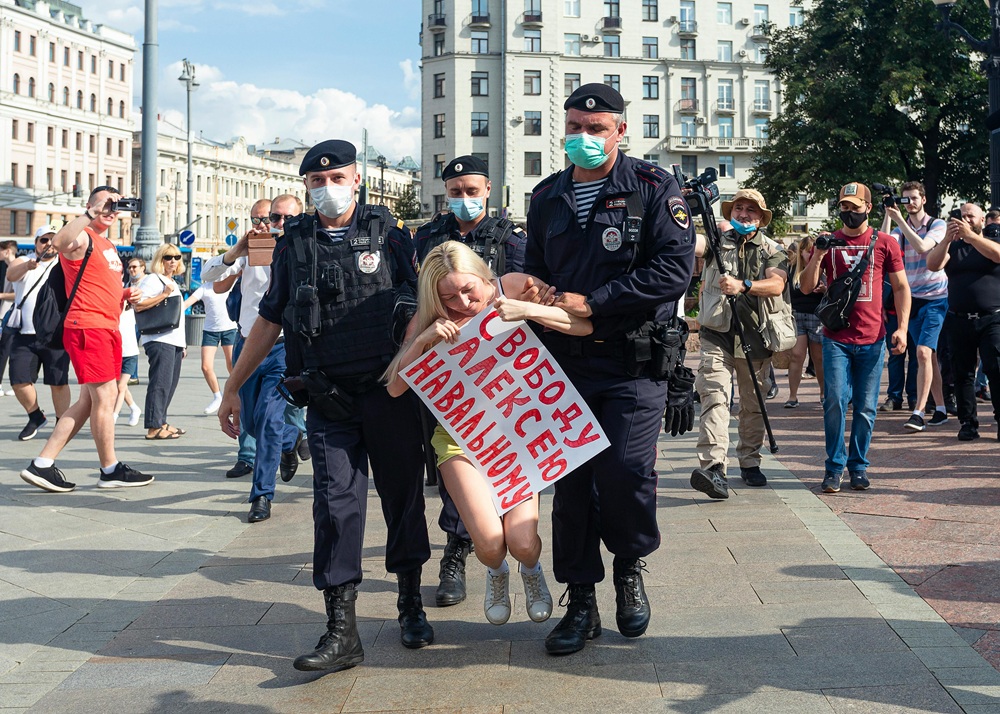Going online in Russia is increasingly frustrating, with blocked websites, inaccessible videos, and mobile internet outages lasting hours or days.
Experts say this is no accident but the result of a deliberate, long-term Kremlin campaign to bring the internet under full state control. Authorities have banned platforms that refuse compliance, perfected traffic-monitoring technology, and even blocked many virtual private networks (VPNs).
This summer, restrictions deepened. Mobile internet shutdowns swept across regions, and a new law criminalised online searches for broadly defined “extremist” content. Rights groups warn this could punish ordinary users for simply reading banned material.
President Vladimir Putin has called for foreign internet services to be “stifled” and ordered a list of platforms from “unfriendly” states to be restricted. WhatsApp, with over 97 million monthly Russian users, may be next, replaced by a heavily monitored national app called MAX.
Human Rights Watch says the Kremlin’s approach is “death by a thousand cuts”, steadily reducing freedom until complete control is achieved.
The crackdown accelerated after the 2022 invasion of Ukraine, when major social media platforms like Facebook, Instagram, and Twitter were blocked. YouTube, popular for entertainment and dissenting voices, has faced deliberate throttling.
Authorities are also pushing websites onto Russian-controlled hosting, consolidating internet providers, and testing nationwide disconnection from the global web.
Cyber lawyers warn the trend could leave Russia increasingly isolated online. While a fully sealed “sovereign internet” is not yet reality, the Kremlin appears determined to make it one.
For millions of Russians, the open, fast, and free internet they once knew is slipping away.


